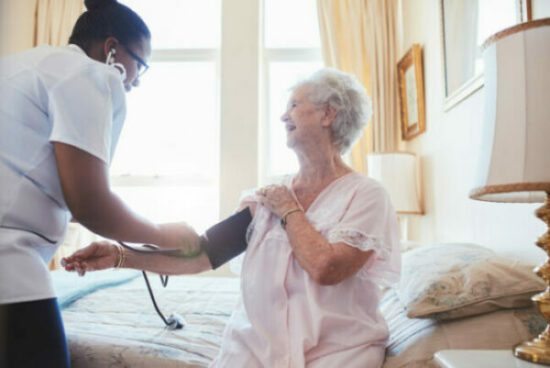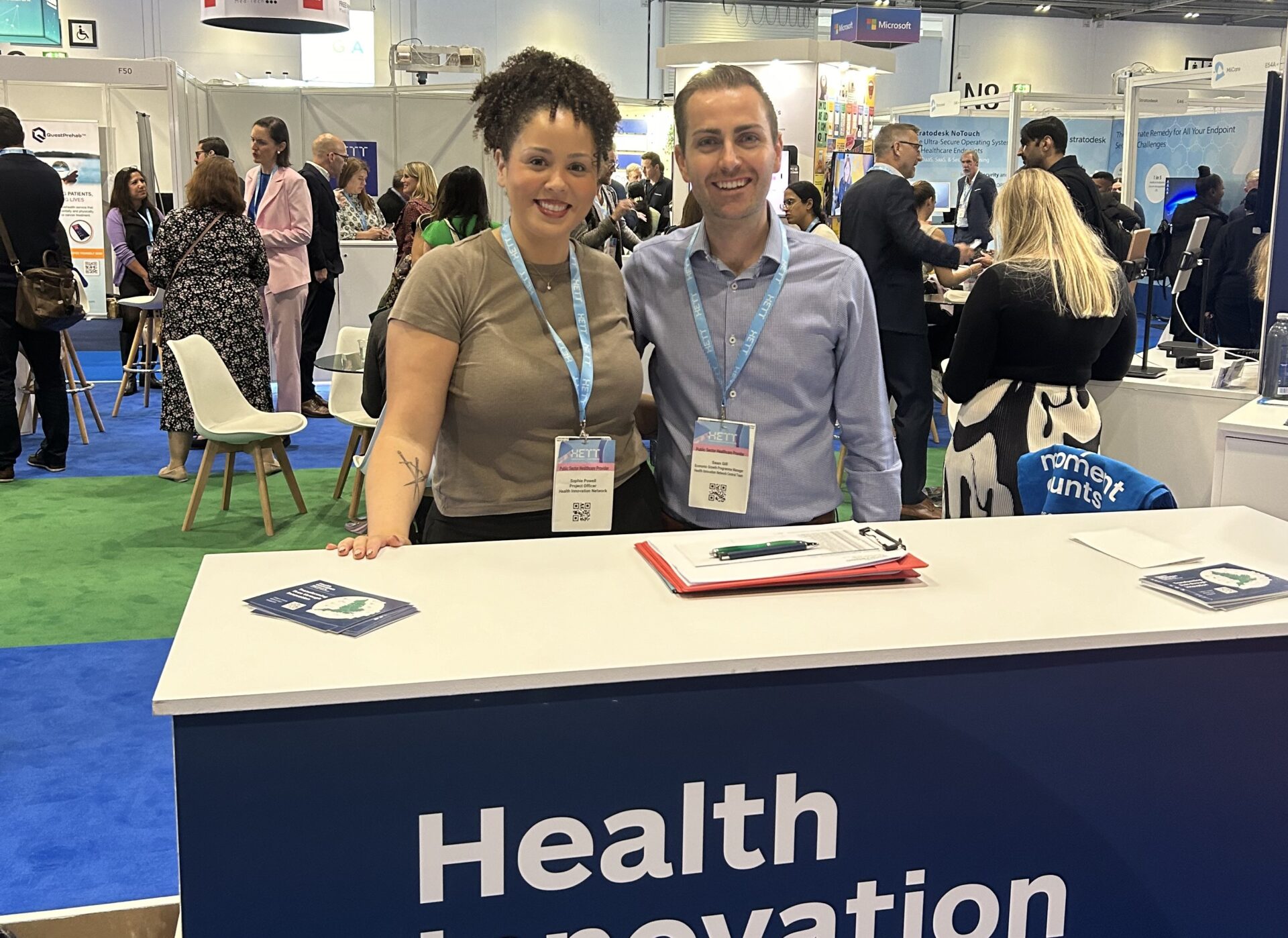If you work in a residential care home, or are a professional or family carer supporting someone in their own home, there are many tools available help you recognise physical deterioration and take the appropriate actions.
You can read an overview of spotting serious illness and sepsis.
These films explain the soft signs of deterioration and recognising deterioration with a learning disability.
They were produced by Wessex Academic Health Science Network, West of England Academic Health Science Network (AHSNs) and West Hampshire Clinical Commissioning Group (CCG), funded by Health Education England (HEE) and are part of a a series of free videos and e-learning materials.
It is important to be aware of the ‘soft signs’ of deterioration, especially when you are unable to take the range of measurements required to calculate a National Early Warning Score (NEWS). Below are details of four tools you may find helpful:
- RESTORE2: designed for nursing and care homes, this tool combines recognising early soft signs with taking measurements for a NEWS score, and escalating concerns through a structured communications tool.
- Is my resident unwell?: suitable for care homes, this tool uses a 12-point checklist to record changes in a resident’s condition and escalate concerns.
- Significant Care: this tool is useful for home carers and care home staff to identify the signs deterioration from a person’s skin, toilet habits, mobility and levels of confusion.
- Stop and Watch: suitable for families and carers, this early warning tool includes prompts of what to watch out for to check if someone’s condition is worsening.
West Hampshire CCG and Wessex AHSN have created RESTORE2: Recognise Early Soft signs, Take Observations, Respond, Escalate, which includes the National Early Warning Score.
Where the necessary equipment or staff/skill mix is not available to take measurements, the soft signs and structured communication tools in RESTORE2mini will still be helpful.
RESTORE2 has been recommended for care and nursing homes by the British Geriatrics Society in their guidance: COVID-19: Managing the COVID-19 pandemic in care homes.
Wessex AHSN has produced many helpful resources to help implement RESTORE2, including a training handbook (also available as an e-book), presentation materials, and RESTORE2mini A4/A5 sheets with space for patient/resident details (e.g. for filing in clinical records). You can find these resources on the Wessex AHSN website.
Find out how RESTORE2 is being used in care homes, supported by Patient Safety Collaboratives, and the latest digital solutions and training resources, in this session recorded at Health Plus Care Online:
Is my resident unwell?
North East and North Cumbria Academic Health Science Network created this tool as part of its Well Connected Care Homes project. It uses a checklist of twelve changes to watch out for to spot early signs of deterioration, allows for a NEWS score to be recorded and includes a form to escalate concerns.
You can download the tool and a checklist poster.
Significant Care aims to help carers both at home and in a care home setting to identify the signs of deterioration in the person specifically related to their skin, toilet habits, mobility and levels of confusion, and take prompt action. The tool was adapted from Significant 7+ and developed in partnership with carers groups across North East London, Care City, North East London NHS Foundation Trust (NELFT) and NHS Basildon and Brentwood Clinical Commissioning Group.
You can download the tool here and watch Geraldine Rodgers, Deputy Chief Nurse and Nurse Fellow for Older People at NHS Basildon and Brentwood CCG and NELFT’s Significant 7 Clinical Lead, explain the benefits and how to use the tool.
Stop and Watch
West Midlands Academic Health Science Network has produced this guide for friends, relatives and people receiving health and social care, based on the Stop and Watch tool from INTERACT, created by Florida Atlantic University. It contains easy to use prompts to help recognise if someone is becoming unwell and how to call for help. You can also download a checklist and poster.
Help with implementing these tools
England’s 15 Patient Safety Collaboratives (PSCs) are commissioned by NHS England and Improvement to increase the uptake of NEWS as part of the National Patient Safety Improvement Programmes Managing Deterioration work. PSCs are hosted by Academic Health Science Networks (AHSN) and you can find your local AHSN.
Follow this link for more information on patient safety during COVID-19.
Acknowledgements
Information about NEWS on this page has been reproduced from: Royal College of Physicians. National Early Warning Score (NEWS) 2: Standardising the assessment of acute-illness severity in the NHS. Updated report of a working party. London: RCP, 2017.
The films on this page are part of a Health Education England e-learning package. To obtain a certificate of learning, it is recommended that you access the films as part of the full training on their e-Learning for Healthcare (e-LfH) hub.
Stop and Watch: © 2011 Florida Atlantic University, all rights reserved. These documents are available for clinical use, but may not be resold or incorporated in software without permission of Florida Atlantic University.

Across England, innovation is improving cancer services and patient outcomes. Last week the government launched an open call for evidence to inform the National Cancer Plan. Innovation has a critical role to play in supporting the delivery of any National Cancer Plan, and delivering on the government’s three shifts. In order to realise the significant [...]

The Health Innovation Network is delighted to announce the launch of Innovation Insights, a brand-new webinar series designed to highlight the latest in health innovation, offering attendees valuable insights into the adoption and spread of innovation within the health and care landscape. Each interactive webinar will feature: Expert presentations: Delivered by thought leaders across the [...]

Innovation should be at the heart of the NHS 10 Year Plan. Delivering the three shifts and reducing waiting lists simply won’t be possible without innovation. At the Health Innovation Network, we are the innovation adoption experts. We’ll be offering expert advice and support to anyone with an interest in health innovation at this year’s [...]








